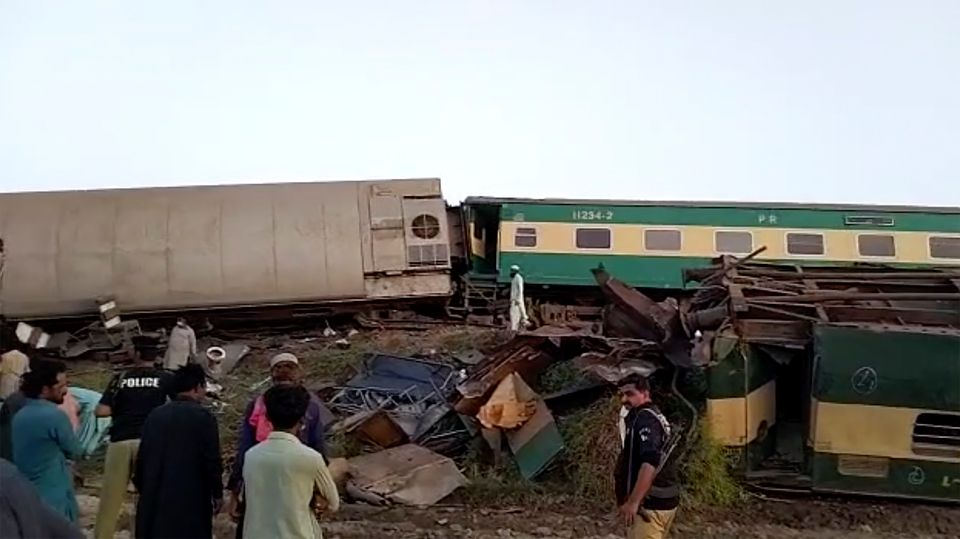
Introduction
Pakistan, a nation of approximately 230 million people, is at a crucial juncture as it faces various socio-economic and political challenges. The significance of understanding contemporary developments in Pakistan extends beyond its borders, given the country’s strategic position in South Asia and its impact on global politics. The recent events have drawn attention from international media and policymakers alike, emphasizing Pakistan’s role in regional stability and economic growth.
Political Landscape
In recent weeks, Pakistan’s political situation has become increasingly volatile, primarily due to ongoing tensions between the government and opposition parties. Following the controversial dismissal of former Prime Minister Imran Khan, political divisions have deepened. Khan’s party, Pakistan Tehreek-e-Insaf (PTI), has alleged interference from the military and judiciary, leading to widespread protests across the country. The government, led by Prime Minister Shehbaz Sharif, has called for dialogue but faces resistance amid calls for fresh elections.
Economic Challenges
Simultaneously, Pakistan’s economy is grappling with significant challenges. Recently, the country has faced soaring inflation rates, which have exceeded 30%. This surge in prices has magnified social tensions as citizens struggle with increasing costs of living. The Pakistan Economic Survey indicated that agricultural productivity has also dwindled, straining exports and food security. The government has set ambitious goals in conjunction with the International Monetary Fund (IMF) to stabilize the economy through reforms and restructuring.
Security Concerns
In addition to political and economic issues, Pakistan continues to face security challenges. Terror activities have seen an uptick in regions like Balochistan and Khyber Pakhtunkhwa, raising concerns about internal stability and the capability of law enforcement agencies. The military’s involvement in counter-terrorism efforts remains critical, emphasizing the ongoing security issues that could undermine both domestic peace and international relations.
Conclusion
The ongoing developments in Pakistan highlight a complex interplay of political, economic, and security challenges that the country needs to navigate effectively. Readers should pay attention to Pakistan’s evolving situation, as it holds significant implications not just for the region but for global diplomacy and economic stability. As the country inches towards potential elections, the outcomes will be critical in determining Pakistan’s trajectory in the coming years. The international community’s response to Pakistan’s internal dynamics will play a crucial role in shaping future relations and stability.



